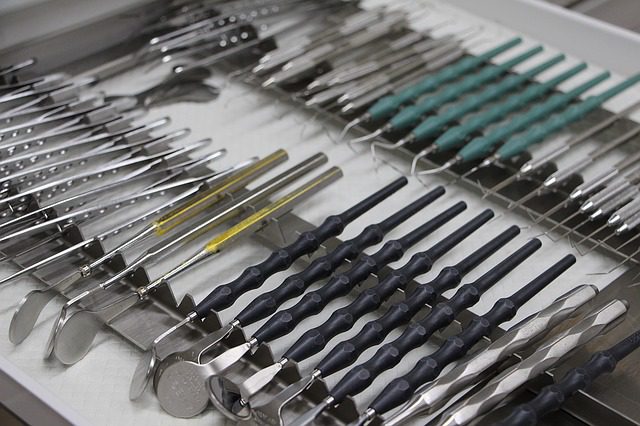You may wonder why your dentist has referred you to an oral surgeon. Do not fear! Here are some of the reasons dentists send their patients to a maxillofacial and oral surgeon.
1. You need a tooth extracted
Whether it’s a wisdom tooth or another, getting an impacted tooth removed requires a surgical procedure. You will need anesthetics, and you will need the services of a full surgery clinic.
2. You need bone grafts
If you are getting a replacement tooth, you may need a thicker and stronger bone. Bones can deteriorate over time, and your jaw needs to be thick enough to support an implant. Whether it is reduced bone mass or some other type of damage that has affected your bone health, the oral surgeon has ways to encourage your bones to re-grow.
3. You need a dental implant
When you get a tooth replaced, you may require a titanium foundation to be added to your jawbone. This foundation, acting like your original tooth’s root, fuses with your actual bone. Once the implant is solidly in place and healed, your oral surgeon can add the new tooth to the implant.
4. You have an issue with your jaw
There are many jaw issues that arise, and this is the “maxillofacial” part of the “oral and maxillofacial surgery” name. You may have a problem with the joint that connects your jaw to your skull. You could have a tumor or a cyst. You may have an infection, or a jaw issue that you have since you were born.
5. You need a sinus lift
A sinus lift can thicken your upper jaw. To get an upper jaw implant – or another technique to encourage bone growth in your upper jaw – the surgery may involve working with the open area above your jaw. That is the sinus.
Oral surgeons diagnose and treat issues with the mouth, head, face, neck and jaw. Thus, it’s very common to be referred to an oral and maxillofacial surgeon by a dentist.








